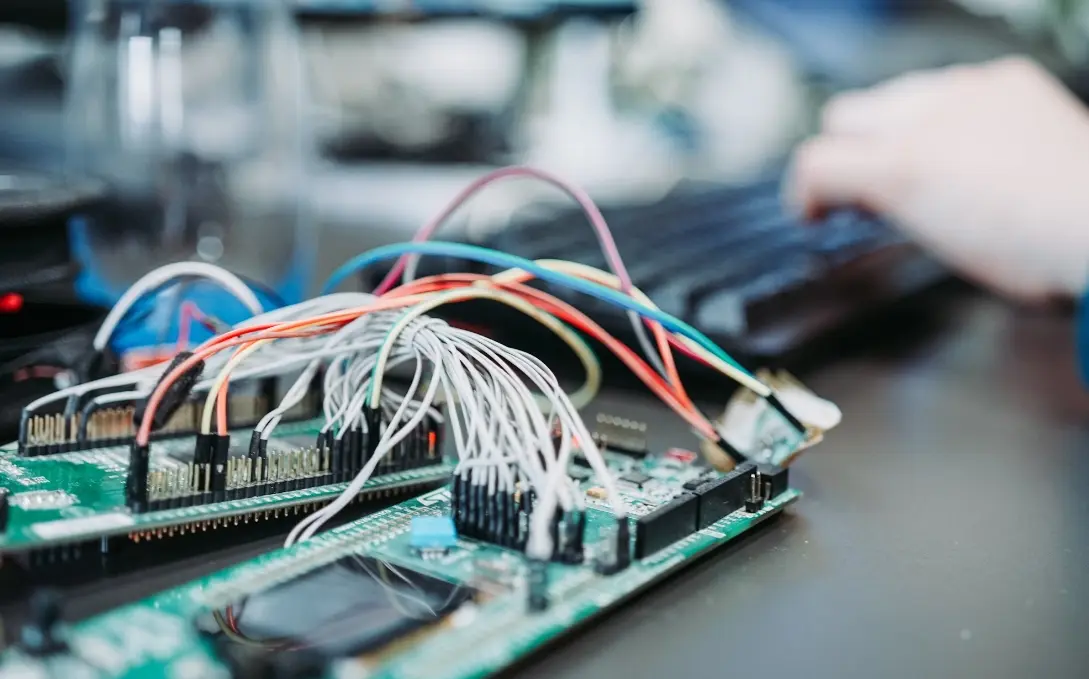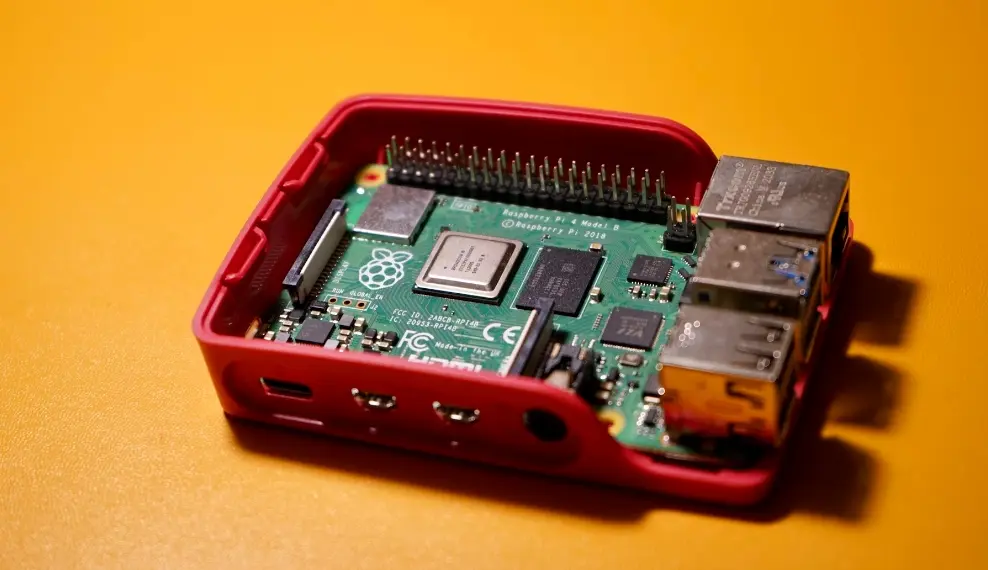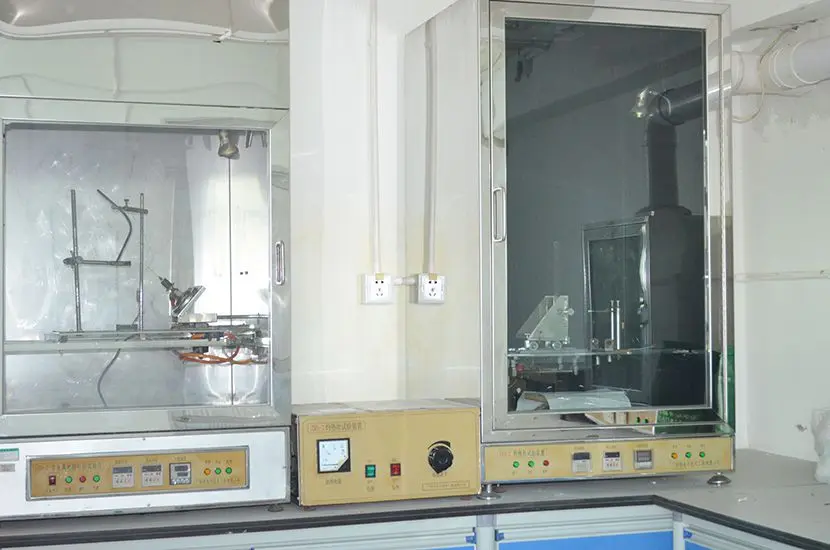
Testing of Electronic Products to IEC, UN38.3, and UL4200A Standards
Ensuring the safety and compliance of electronic products during the design and manufacturing process is crucial. Different countries and regions have varying safety standards and regulations for electronic products. This article will explore three key international standards: IEC (International Electrotechnical Commission Standards), un38.3 (United Nations Testing and Certification Standards for Lithium Batteries), and ul4200a (UL Laboratories' Button Battery Safety Standard), and analyze their differences and respective importance.

Introduction to IEC, UN38.3, and ul4200A Standards
IEC Test
The IEC (International Electrotechnical Commission) standards are global benchmarks for the safety and performance of electronic and electrical equipment. IEC standards cover a wide range of technical requirements and safety regulations to ensure the safety and compatibility of electronic products in different markets. For example, IEC 60950-1 specifies safety requirements for information technology equipment, while IEC 62368-1 addresses audio, video, and information communication technology equipment. These standards ensure product reliability and user safety through rigorous testing and evaluation.
The widespread applicability and rigor of IEC standards make them widely recognized and adopted globally. Products that meet IEC standards not only facilitate entry into multiple international markets but also enhance product competitiveness.
un38.3 test
UN38.3 is a safety standard for the transportation of lithium batteries formulated by the United Nations. This standard focuses on the safety of lithium batteries during transportation, specifying the tests that various types of lithium batteries and cells must pass before transport. These tests include altitude simulation, thermal cycling, vibration, shock, external short circuit, impact, and overcharge tests. The UN38.3 standard aims to ensure the safety of lithium batteries under various transport conditions, preventing incidents such as fires and explosions during transportation.
Due to the widespread use and potential safety risks of lithium batteries, the UN38.3 standard is widely adopted and recognized globally. Compliance with UN38.3 is a basic requirement to ensure the safe transportation of lithium batteries, whether by air, sea, or land.
UL 4200a Test
UL4200A is a standard formulated by Underwriters Laboratories (UL) in the United States, primarily targeting the safety of portable electronic devices accessible to children. This standard aims to prevent injury to children using electronic devices, with a particular focus on battery safety, physical structure, and material selection. For example, UL4200A requires electronic devices to remain safe during drop, compression, and thermal shock tests, avoiding dangers such as battery explosion or leakage.
The uniqueness of the UL4200A standard lies in its focus on child user safety, adding extra considerations during the design and manufacturing process. Products that comply with UL4200A not only better protect child users but also enhance trust among parents and consumers.
Differences Among IEC, UN38.3, and UL4200A Standards
IEC, UN38.3, and UL4200A standards play different but complementary roles in the safety and compliance of electronic products:
1. Scope of Application:
- IEC Standards: Cover a wide range of electronic and electrical equipment, emphasizing overall product safety and performance.
- UN38.3: Focuses on the safety of lithium batteries during transportation.
- UL4200A: Targets portable electronic devices accessible to children, focusing on safety during use.
2. Testing and Requirements:
- IEC Standards: Include various environmental, mechanical, and electrical tests to ensure the reliability and safety of equipment.
- UN38.3: Emphasizes safety tests for lithium batteries under extreme conditions to prevent accidents during transport.
- UL4200A: Combines physical and battery safety tests to ensure the safety of electronic devices used by children under accidental conditions.
3. Market Recognition:
- IEC Standards: Widely recognized globally, suitable for entry into multiple international markets.
- UN38.3: Essential standard for international transportation, ensuring the safe transport of lithium batteries.
- UL4200A: Particularly important in the North American market, enhancing product competitiveness in child safety.
In conclusion, understanding and adhering to these standards is crucial for electronic product manufacturers. IEC standards ensure overall product safety and performance, UN38.3 standards guarantee the safety of lithium batteries during transportation, and UL4200A standards provide additional protection for portable electronic devices used by children. By comprehensively applying these standards, companies can not only enhance product market competitiveness but also better ensure user safety.
Now that you are familiar with the battery standards for your products,
if your products need IEC, UN38.3, and UL4200A standard testing, please contact us. We are a laboratory in China and can save you 40% on certification testing costs.
Email:hello@jjrlab.com
Write your message here and send it to us
 Canada ISED Wi-Fi and Bluetooth RSS-247 Issue 4 Te
Canada ISED Wi-Fi and Bluetooth RSS-247 Issue 4 Te
 Complete Guide to U.S. Toy Compliance Certificatio
Complete Guide to U.S. Toy Compliance Certificatio
 What Is FCC Bluetooth Certification?
What Is FCC Bluetooth Certification?
 FCC Recognized Accredited Testing Laboratory
FCC Recognized Accredited Testing Laboratory
 General Product Safety Regulation GPSR
General Product Safety Regulation GPSR
 Australia Electronic Product Certification
Australia Electronic Product Certification
 Electrical Product Certification in Australia
Electrical Product Certification in Australia
 Restriction of Hazardous Substances RoHS Directive
Restriction of Hazardous Substances RoHS Directive
Leave us a message
24-hour online customer service at any time to respond, so that you worry!




